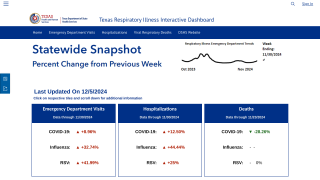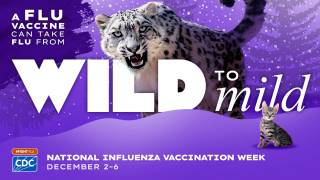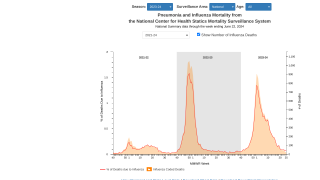FluMist May Be Least Effective for Adolescents

When it comes to selecting an influenza vaccine, there are 2 options in the United States, which are the traditional flu shot or a nasal spray.
According to a new study published in the journal Pediatrics on January 7, 2019, the nasal spray appears to deliver reduced effectiveness against certain influenza viruses.
These researchers found that vaccine effectiveness against any type of influenza virus was 51 percent for the inactivated flu vaccine, as compared to 26 percent for the nasal spray vaccine.
This is important news since 13 flu-related pediatric deaths have already been reported by the Centers for Disease Control and Prevention (CDC) during the current flu season.
This new study included data from 5 previously published studies on vaccine effectiveness, and included 17,173 children, ages 2 to 17, from 42 states.
The study had some limitations, including that it relied on information provided in those previously published data.
Additionally, these researchers said ‘more research is needed to determine whether similar findings would emerge in data from other flu seasons.’
For the 2018-2019 influenza season, the CDC and its vaccines advisory committee (ACIP) recommends that providers use any licensed, age-appropriate influenza vaccine, such as:
- Inactivated influenza vaccines (IIV),
- Recombinant influenza vaccine (RIV), or
- Live attenuated influenza vaccine (LAIV4).
As of June 2018, the CDC and ACIP expressed ‘no preference for one vaccine over another.’
All nasal spray flu vaccines for the 2018-2019 season will contain 4 flu viruses:
- an influenza A (H1N1) virus,
- an influenza A (H3N2) virus, and,
- two influenza B viruses.
The nasal spray vaccine is approved for use in non-pregnant individuals, 2 years through 49 years of age.
Breastfeeding mothers younger than 50 years can get the nasal spray flu vaccine, as long as they do not have any contraindication to getting that vaccine
There is a precaution against giving the nasal spray flu vaccine to people with certain chronic health conditions because the safety and effectiveness of this vaccine in people with those conditions have not been established, says the CDC.
In the USA, antiviral medications and various flu vaccines are available in most pharmacies.
The CDC Vaccine Price List provides the private sector vaccine prices for general information.
And, flu vaccine discounts can be found here.
Vaccines, like any medicine, can have side effects. You are encouraged to report negative side effects of vaccines to the CDC.
Our Trust Standards: Medical Advisory Committee

























